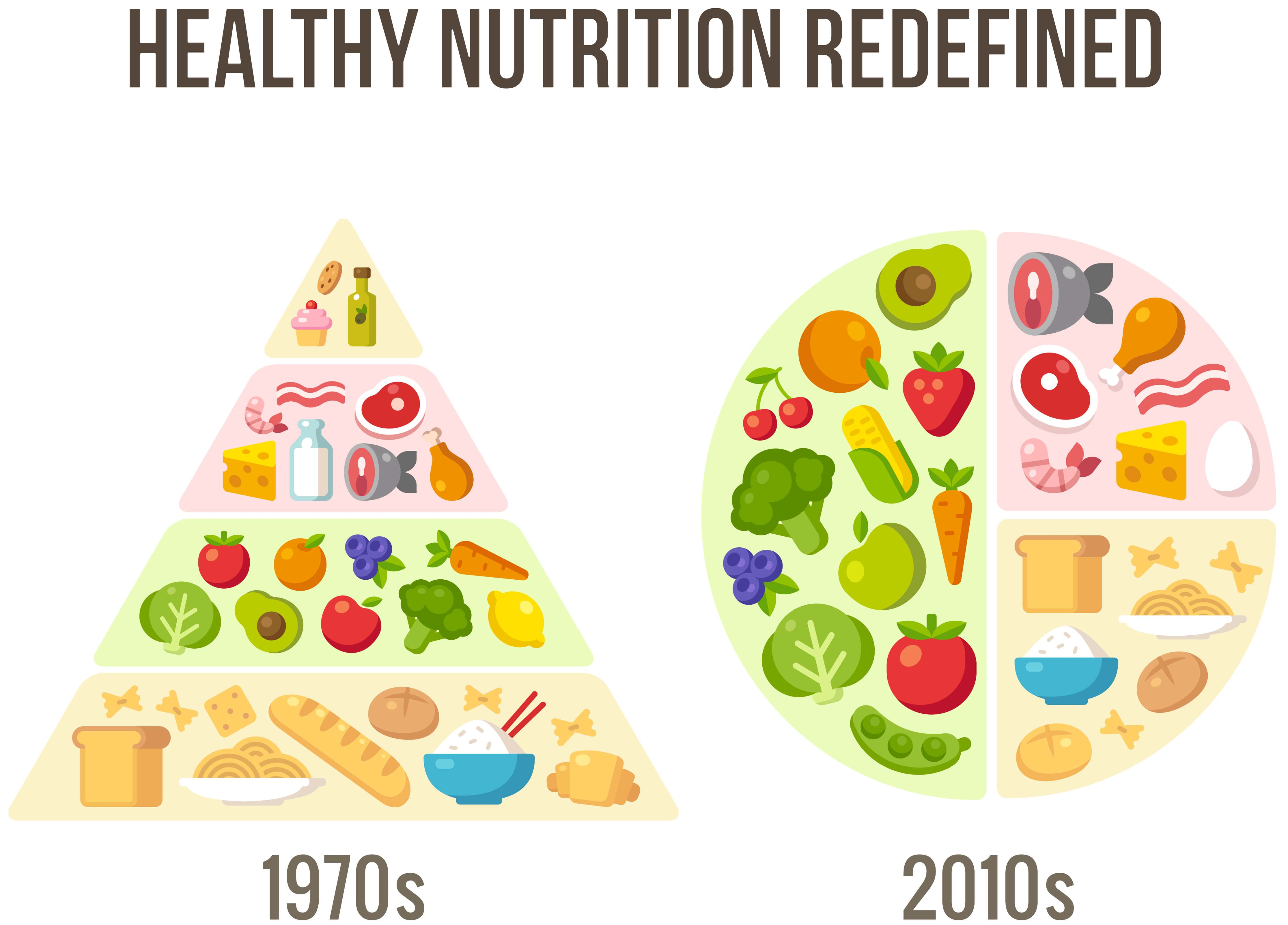
With unfettered access to buffet-style dining halls, campus sundae bars, late-night food delivery, and cheap ramen, it’s no surprise that so many students gain weight when they go to college. A nutritional study of public university freshman found that one in four students gained 10 pounds or more in their first year on campus. The study monitored each student’s consumption habits and, predictably, the students who gained the most weight ate fewer fruits and vegetables, indulged in fattier foods, and slept less than students who did not gain weight. A steady diet of pizza and cheeseburgers can lead to more than just a few extra pounds: poor eating is also associated with lower grades, susceptibility to illness, and increased fatigue. Other side effects include a higher risk of depression, anxiety, irritability, difficulty concentrating, menstrual problems, and sleep disturbances. Ultimately, fast food and unhealthy snacks simply don’t provide you with the nutrition you need to perform well in school. Developing a balanced and nutritional diet at a young age can both enhance your academic performance and prepare you for a lifetime of healthy eating. Nutrition may be less confusing when reduced to its fundamental building blocks. Foods can be broken into five distinct food groups, each serving a distinct purpose.
Trans fats, however, are unhealthy, and are found in most junk food. Staying hydrated leads to better skin, more energy, and better overall health. This model integrated individual healthy and unhealthy eating patterns, in combination with the main barriers and enablers that are associated with health decisions during college life. Finally, it should be noted that some barriers for certain individuals, might be perceived as potential drivers by others. Edmondson A. Organize your shopping list by meal. A focus group study of healthy eating knowledge, practices, and barriers among adult and adolescent immigrants and refugees in the United States. In response, the pancreas secretes insulin that tells the sugar molecules to convert to energy; any excess sugar is then stored as fat. The study highlighted the importance of consulting college students when developing healthy eating interventions across the campus e. Both the principal investigator and the moderator did not have any type of relationship with the participants; we strongly believe that no bias or conflict of interest exist between the research team, the subjects, and the focus of the study. With the results from this model, we developed a list of factors influencing healthy eating behaviors among college students, based on content analysis of the focus groups Figure 1. As a first step, the questions that were enclosed in the script were used as initial categories, then during a rigorous and systematic reading of the transcript, the main categories started to emerge [ 33 ].
Diet for men balanced college students
With unfettered access to buffet-style dining halls, campus sundae bars, late-night food delivery, and cheap ramen, it’s no surprise that so many students gain weight when they go to college. Calorie and portion size requirements actually vary widely between people of different genders, ages, and activity levels. In addition, price reductions for high-cost foods in campus facilities, such as dining halls and cafeterias, should also facilitate the purchase of more healthy options e. Sparkling water is fine too—but be careful when you choose flavored varieties. For college students, this includes inexpensive boxed macaroni and cheese and other common dorm food like ramen noodles, canned soups, and salty snacks like chips and crackers. At the end of the six focus group sessions, the audio tapes were transcribed verbatim in Microsoft Word by an independent transcription agency, and they were double-reviewed by two researchers. Create your own vegetarian meal at the salad or sandwich bar by adding protein-rich ingredients such as eggs, hummus, beans, peanut butter, tofu, or cheese. You can store a variety of healthy food at room temperature, including fruits, some vegetables, and snacks. Like foods in the protein group, dairy products must be chosen carefully because they often contain hidden saturated fats. What Is Nutrisystem?
